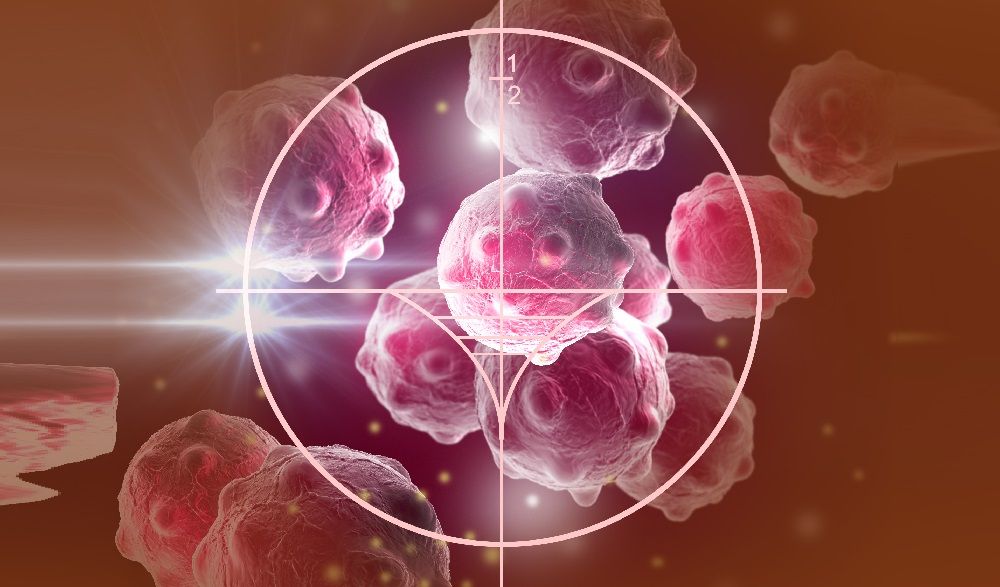Page 9930
Mar 2, 2018
GPS Isn’t Very Secure. Here’s Why We Need A Backup
Posted by Genevieve Klien in categories: cybercrime/malcode, drones, military, mobile phones, satellites
That’s not a lot to you. If your watch is off by 13.7 microseconds, you’ll make it to your important meeting just fine. But it wasn’t so nice for the first-responders in Arizona, Pennsylvania, Connecticut, and Louisiana, whose GPS devices wouldn’t lock with satellites. Nor for the FAA ground transceivers that got fault reports. Nor the Spanish digital TV networks that had receiver issues. Nor the BBC digital radio listeners, whose British broadcast got disrupted. It caused about 12 hours of problems—none too huge, all annoying. But it was a solid case study for what can happen when GPS messes up.
The 24 satellites that keep GPS services running in the US aren’t especially secure; they’re vulnerable to screw-ups, or attacks of the cyber or corporeal kind. And as more countries get closer to having their own fully functional GPS networks, the threat to our own increases. Plus, GPS satellites don’t just enable location and navigation services: They also give ultra-accurate timing measurements to utility grid operators, stock exchanges, data centers, and cell networks. To mess them up is to mess those up. So private companies and the military are coming to terms with the consequences of a malfunction—and they’re working on backups.
The 2016 event was an accidental glitch with an easily identifiable cause—an oops. Harder to deal with are the gotchas. Jamming and spoofing, on a small scale, are both pretty cheap and easy. You can find YouTube videos of mischievous boys jamming drones, and when Pokemon GO users wanted to stay in their parents’ basements, they sent their own phones fake signals saying they were at the Paris mall. Which means countries, and organized hacking groups, definitely can mess with things on a larger scale. Someone can jam a GPS signal, blocking, say, a ship from receiving information from satellites. Or they can spoof a signal, sending a broadcast that looks like a legit hello from a GPS satellite but is actually a haha from the hacker next-door.
Continue reading “GPS Isn’t Very Secure. Here’s Why We Need A Backup” »
Mar 2, 2018
Bioquark Inc. — Cafe Esoterica Radio (Part 2) — Ira Pastor
Posted by Ira S. Pastor in categories: aging, astronomy, biotech/medical, business, cosmology, DNA, futurism, genetics, health, life extension
Some people will tell you that the Golden State Warriors are the future of basketball — a migration towards overlapping skill sets, a dozen similar 6-foot-8ish frames playing multiple positions, all switchy and, most importantly, twitchy from behind the 3-point line. This narrative hypothetical has been well-circulated — that we’re moving towards a version of basketball defined by a few unicorns and a surplus of redundantly versatile supporting players.
But what if the future of basketball doesn’t include players at all?
At the MIT Sloan Sports Analytics Conference at the end of February, researches Thomas Seidl and Aditya Cherukumudi presented a paper called Bhostgusters: Realtime Interactive Play Sketching With Synthesized NBA Defenses. The abbreviated summary is that they have developed an app which would allow an NBA coach to sketch a play on their tablet and then receive an animated estimation of how the defense would respond, taking into account the spatial tendencies of the specific defense as well as the players on the floor, defensive roles, the players’ foul trouble and potential fatigue based on minutes played, as well as the time and score. The program also returns an expected value for the offensive play the coach has drawn, given the projected defensive response.
Mar 2, 2018
How emerging technology will shape New York City’s future
Posted by Genevieve Klien in categories: bitcoin, drones, robotics/AI
NYC’s CTO Miguel Gamino explains why major technology innovations from drones to AI to blockchain will significantly impact how New Yorkers work, live, and play.
Mar 2, 2018
Walmart Opens Tech Incubator In Austin
Posted by Genevieve Klien in categories: finance, robotics/AI
Walmart has opened a new tech incubator in Austin to focus on emerging technologies.
Engineers, developers and scientists at the incubator are working on the future of shopping and exploring machine learning, artificial intelligence and natural language processing, according to a blog post by Walmart.
“The work we’re doing is ultimately about enabling our coworkers to be even more impactful in their jobs,” stated Rachel Brynsvold, data scientist at the lab. “I also see lots of opportunities to make financial impact for the company, which contributes to Walmart’s mission to help people save money and live better.”
Mar 2, 2018
Using big data analysis to significantly boost cancer treatment effectiveness
Posted by Brady Hartman in categories: biotech/medical, computing, genetics, information science, life extension
Summary: Treatability of cancer was raised to over 80% by a new intelligent system that sifts through massive genetic datasets to pinpoint targets for cancer treatment, say these scientists. [This article first appeared on LongevityFacts. Author: Brady Hartman. ]
Scientists in Singapore have discovered a significantly improved way to treat cancer by listening to many different computer programs rather than just one.
Their new computer program reaches a consensus on how to treat a specific tumor, and it is significantly more accurate than existing predictive methods. The system isolates the Achilles heel of each individual tumor, helping doctors to choose the best treatment.
Continue reading “Using big data analysis to significantly boost cancer treatment effectiveness” »
Mar 2, 2018
UCSD researchers report these bacteria prevent skin cancer
Posted by Brady Hartman in categories: biotech/medical, life extension
Summary: UCSD researchers just reported that a strain of bacteria prevents skin cancer. [This article first appeared on LongevityFacts. Author: Brady Hartman. ]
The human microbiome is emerging a major player in protecting our health and researchers at the University of California San Diego (UCSD) just reported that some strains of skin bacteria safeguard against cancer.
Leading the study is Richard Gallo, MD, Ph.D., a Distinguished Professor and the chair of the Department of Dermatology at the UCSD School of Medicine, who says.
Mar 2, 2018
Breakthrough life extension and medical discoveries of February 2018
Posted by Brady Hartman in categories: biotech/medical, life extension
Monthly summary of the cancer treatment advances, longevity science and other medical discoveries reported during February 2018.
Mar 2, 2018
Is this what doomsday will look like?
Posted by John Gallagher in categories: existential risks, military

Castle Bravo was the first in a series of high-yield thermonuclear weapon design tests conducted by the United States at Bikini Atoll, Marshall Islands, as part of ‘Operation Castle’.
The operation’s ultimate objective was to test designs for a powerful nuclear weapon that could be delivered by aircraft.

















